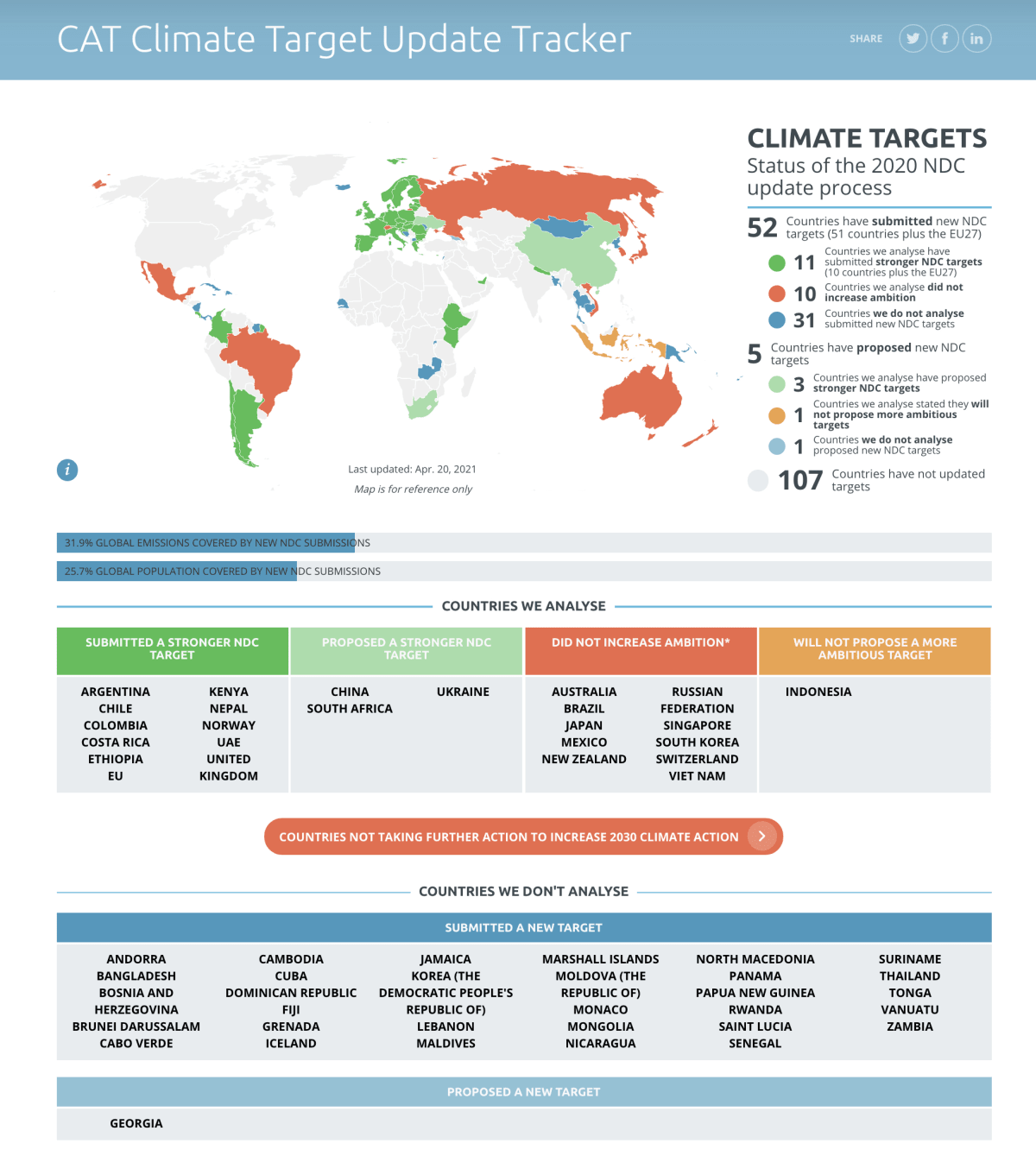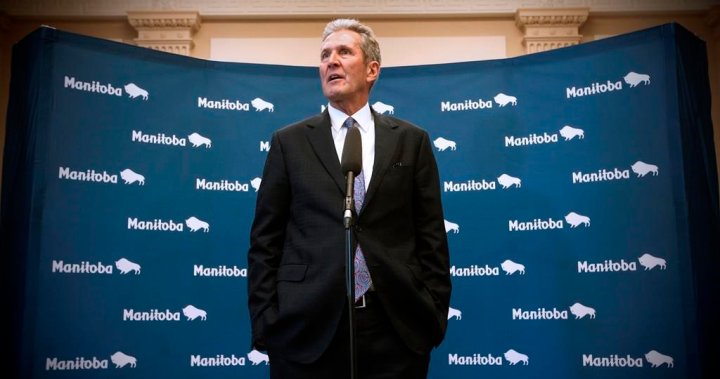Rod Oram: World Leaving Us Behind on Climate Ambition
Comment
Joe Biden’s international climate summit and the UK’s big new commitment to cutting emissions puts the heat on New Zealand to get serious about our climate commitments, writes Rod Oram
The flurry of big new climate commitments by some major countries, particularly the UK and US, is perfectly timed for us. In just five weeks’ time, our Climate Change Commission will deliver its final recommendations to the government.
For the sake of New Zealand’s sustainability and credibility, those must mirror that significant increase in international ambitions. They must be far bolder than the Commission’s draft recommendations in February on carbon budgets, pathways, policies and our pledge to the United Nations on emission reductions.
The UK government upped the pace this week by committing to a 78 percent cut in its emissions by 2035 from 1990 levels. If achieved, this would be consistent with the UK’s ambition to be net zero by 2050. The government accepted the recommendation of the UK’s independent Climate Change Committee, which is the 13-year-old model for our new Commission.
The US has followed suit. President Biden announced a new US goal of a 50-52 percent reduction in emissions by 2030 from 2005 levels. He made it at the online climate summit he convened, inviting leaders of some 40 countries, including China, Russia and members of the European Union. It is running Thursday and Friday US time, with our Prime Minister scheduled to speak on a climate finance panel.
By comparison, our existing UN pledge, made at the Paris negotiations in 2015, is for only a 30 percent cut in net emissions by 2030 from a 2005 gross level, equivalent to only an 11 percent reduction from 1990 levels.
Our commission’s draft report had extensive analysis on our UN pledge. This helpfully suggested ways to work through complex issues of, for example, different emissions accounting methods, and how to make decisions about what’s a fair share to contribute to global reductions given we are a high income and a high and long term emitter as a nation.
But it only concluded that our commitment to the UN should be “much more” than a 35 percent reduction – the midpoint of the range in its analysis.
This was deemed seriously inadequate by many submitters on the commission’s draft recommendations. The criticism by Lawyers for Climate Action New Zealand were particularly well-researched and trenchant, as Newsroom reported.
Start your day with
a curation of our top
stories in your inbox
Start your day with a curation of
our top stories in your inbox
“In our view, the Commission’s draft advice does not comply with the legal requirements [of New Zealand’s 2019 climate legislation],” the lawyers said. “The main reason for this is that the advice is not consistent with what is required to keep global warming to less than 1.5° Celsius – we consider that emissions over the current decade must be capped at 400 Mt, not the 628 Mt proposed by the Commission’s draft budgets. This is a fundamental error that must be fixed before the advice is finalised. Failing this, the advice will be unlawful, in our opinion. Further, Aotearoa New Zealand’s international reputation and brand will be at risk if we fail to adopt budgets and policies consistent with doing our fair share to keep global warming to less than 1.5° Celsius.”
The commission’s final recommendation on our UN pledge must be ambitious and precise, set by science and strongly backed by policies. The government needs this clarity to meet the obligation on all nations to deliver improvements on their 2015 Paris commitments at the next UN climate negotiations, which are scheduled for November 1-12 in Glasgow.
And crucially, our UN pledge will only be functional if it is completely integrated into our overall climate policies and goals, particularly the goal of net zero emissions by 2050 embodied in our 2019 Zero Carbon Act.
The Ardern-led government avoided making that fundamental linkage in 2019. It was sure National would oppose it, thus denying the climate legislation all-party, long term support it needs to be enduring. But now it’s long past time to call out National on its duplicitous positions on climate, as I argued in this column.
We’ve a great deal of ground to catch up. That’s the verdict of Climate Action Tracker, which is run by a consortium of climate science institutions. Its current report on us concluded our progress to-date is consistent with a temperature rise of between 3 and 4C. “New Zealand lacks strong policies, despite its Zero Carbon Act.”
Yet, 1.5C is now the goal for countries as they improve on the Nationally Determined Contributions they made in Paris, as CAT analyses.
Of the 52 entities (51 countries plus the EU as a 27-country bloc) that have so far submitted new NDCs ahead of the Glasgow summit, 11 have submitted stronger ones (10 countries plus the EU), 10 did not increase their ambition, and 31 are from countries CAT has yet to analyse in detail. This CAT graphic below summarises the state of play. We’re one of the 107 countries which has yet to update its 2015 pledge.
On the US, CAT says: “If the Biden Administration wants the US to be a climate leader, its new 2030 Paris Agreement target should aim for national emissions reductions of at least 57-63 percent below 2005 levels.”
It also analyses three commitments Biden has already made:
– To decarbonise US electricity generation by 2035. CAT deems this consistent with the 1.5C Paris pathway.
– To reduce the carbon footprint of the building sector by 50 percent by 2035. But CAT says to be Paris compatible, the residential sector emissions would have to be 60 percent lower by 2030 than 2015 levels, and commercial build emissions 70 percent lower.
– To substantially decarbonise vehicles. The Biden Administration has yet to set goals. But CAT says to be Paris compatible, 95-100 percent of new light vehicle sales would have to be zero emissions by 2030.
CAT has yet to analyse the UK’s latest pledge. But the fact it adopted the recommendations of its Climate Change Committee augurs well for CAT’s endorsement.
The UK is breaking new ground too, such as accepting the committee’s calls for the target to cover emissions from international shipping and aviation for the first time – a move that will trigger increased investment in low carbon aviation and shipping technologies.
The UK government has also won strong backing from business. Adopting the committee’s recommendations “puts the UK on a credible path to achieve its net zero emissions target,” said Rain Newton-Smith, chief economist of the Confederation of British Industry.
The Aldersgate Group of business leaders on climate commended the government for its “ambitious and evidence-based” targets. It stressed, though, that the “focus must now turn to strengthening the UK’s policy framework to meet this new target, by putting in place a detailed and cross-departmental net zero strategy that will drive private investment in low carbon goods and services, supply chains, jobs and skills.”
This is what climate ambition looks like in countries where government, civil society and business are getting their act together. We’re not. But we could if we wanted to.






